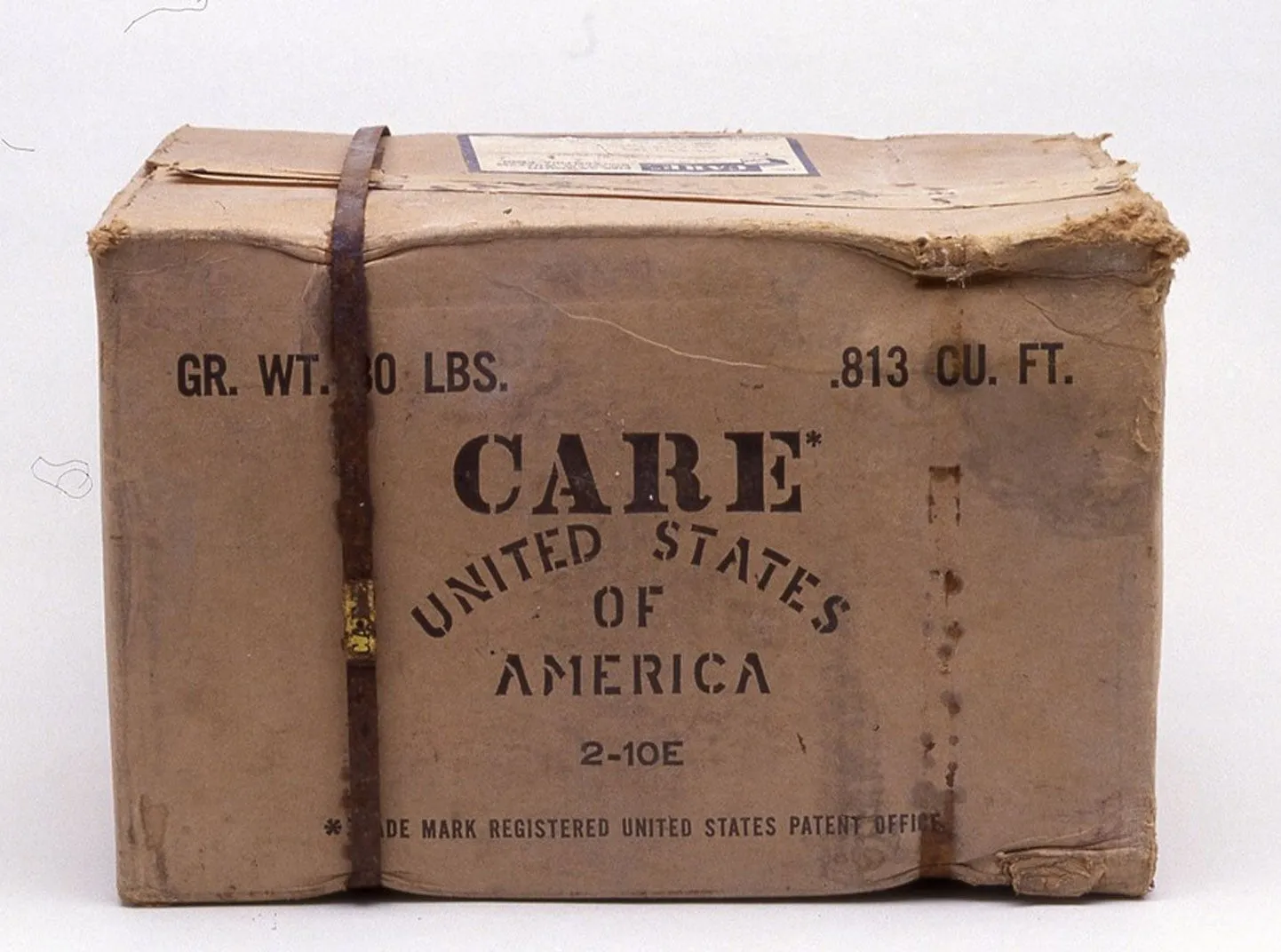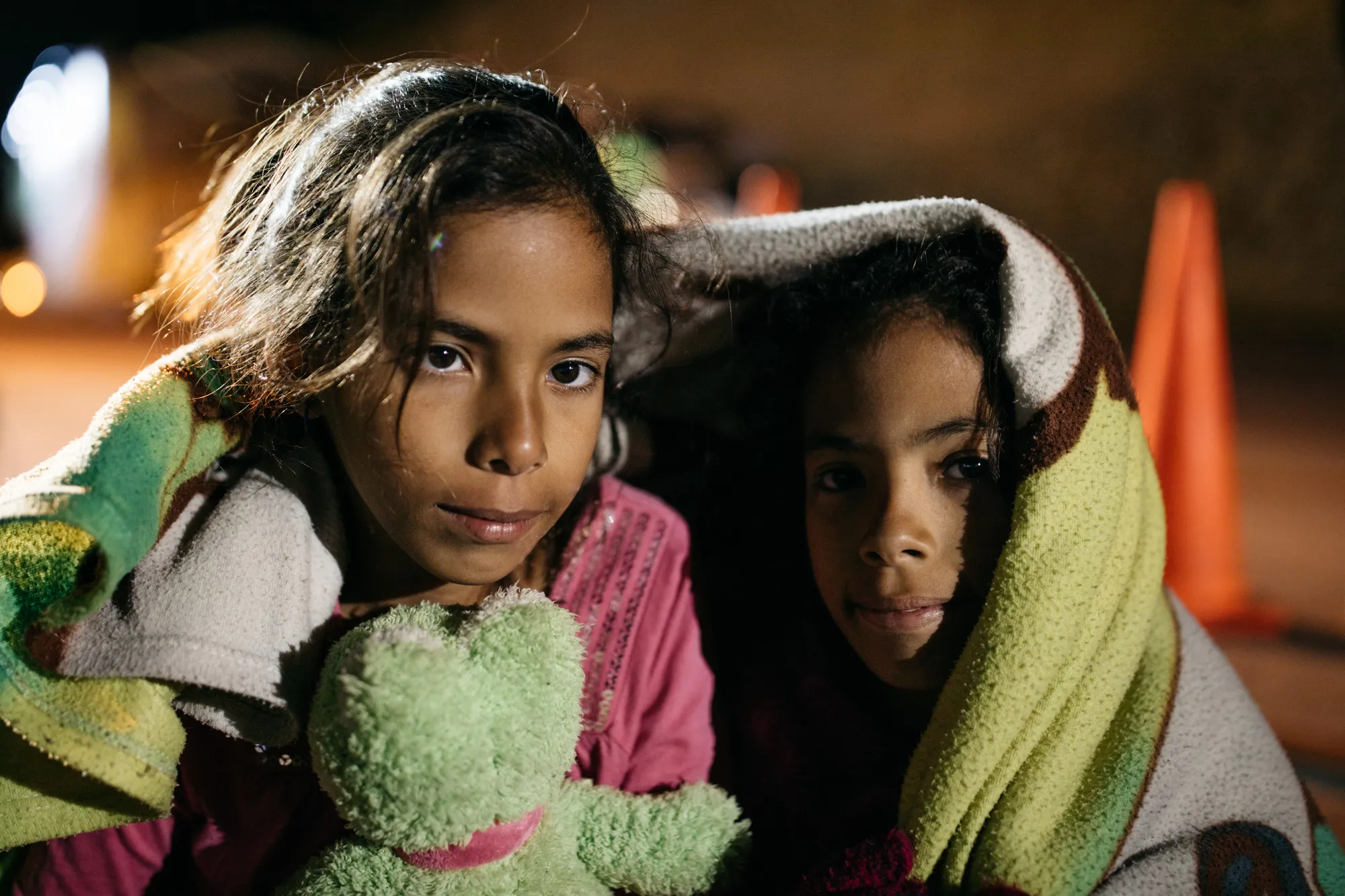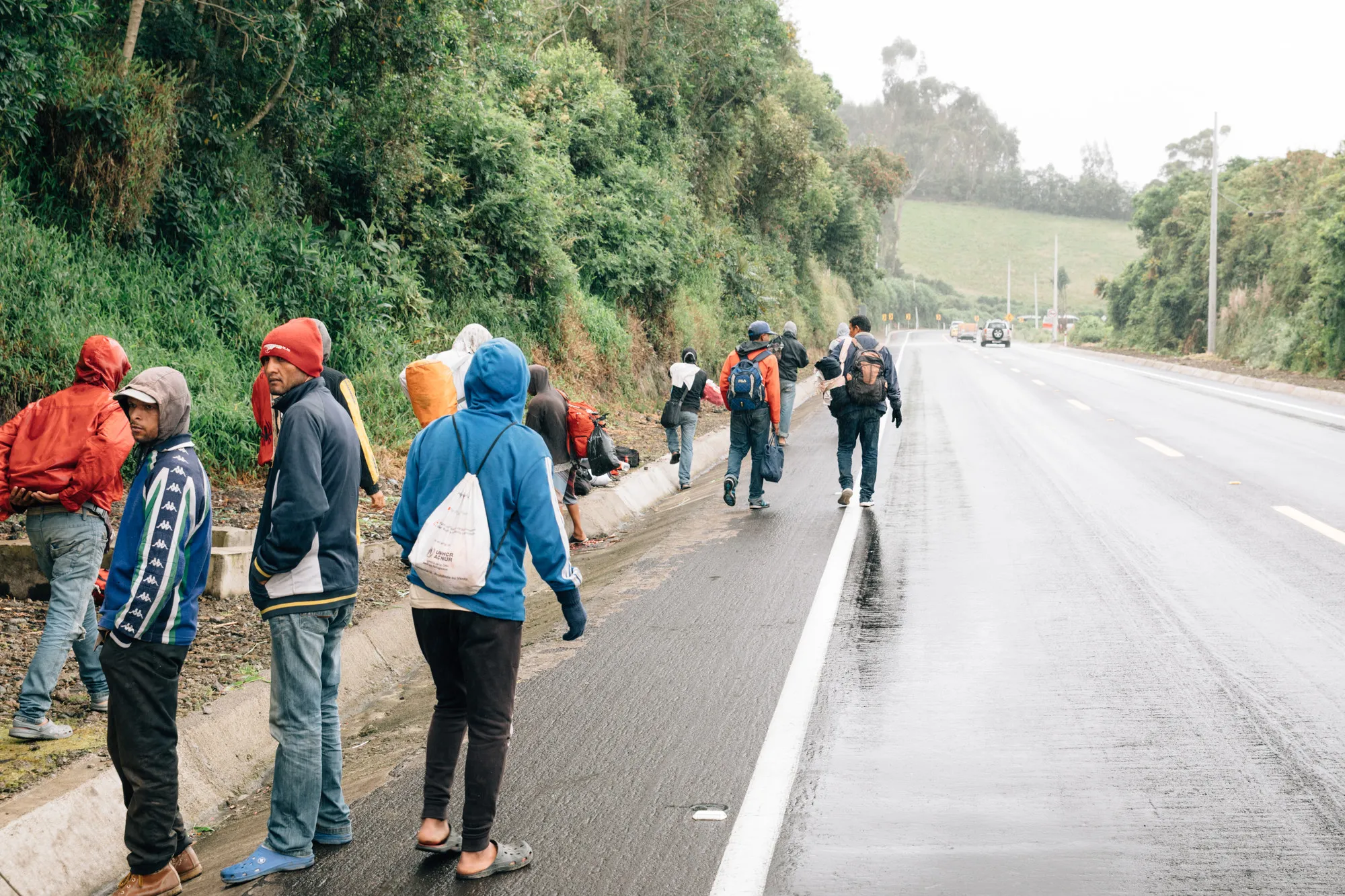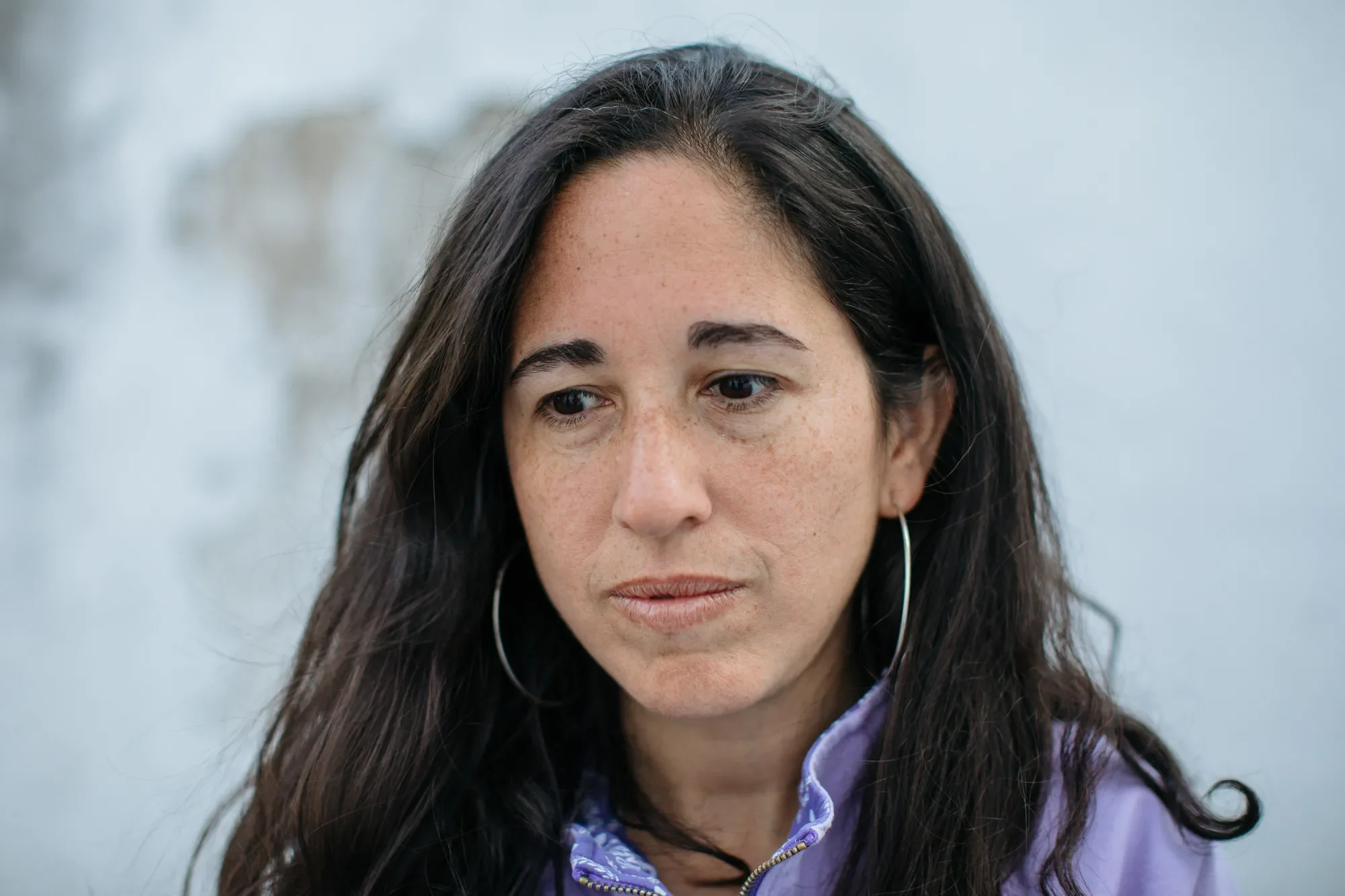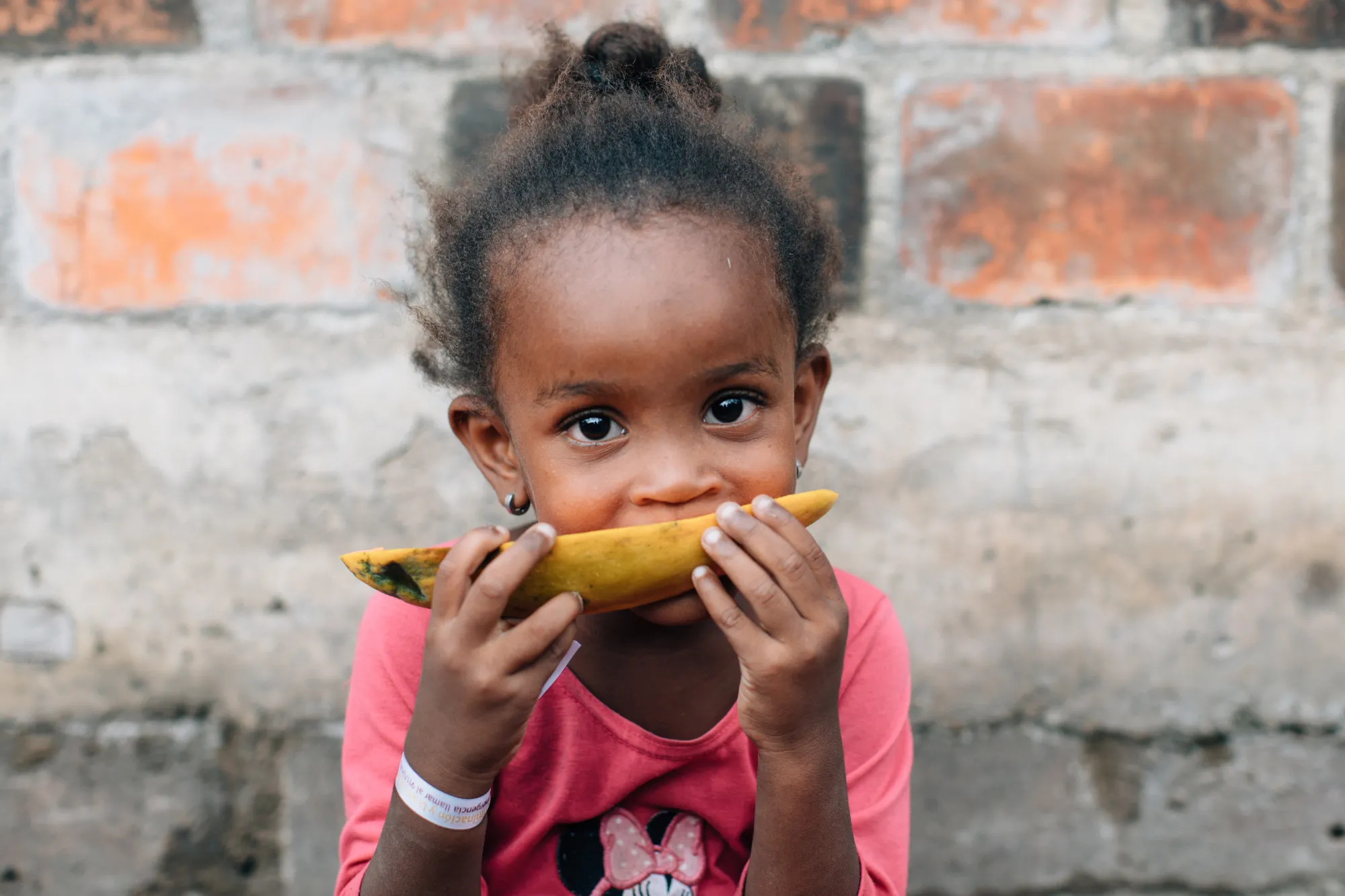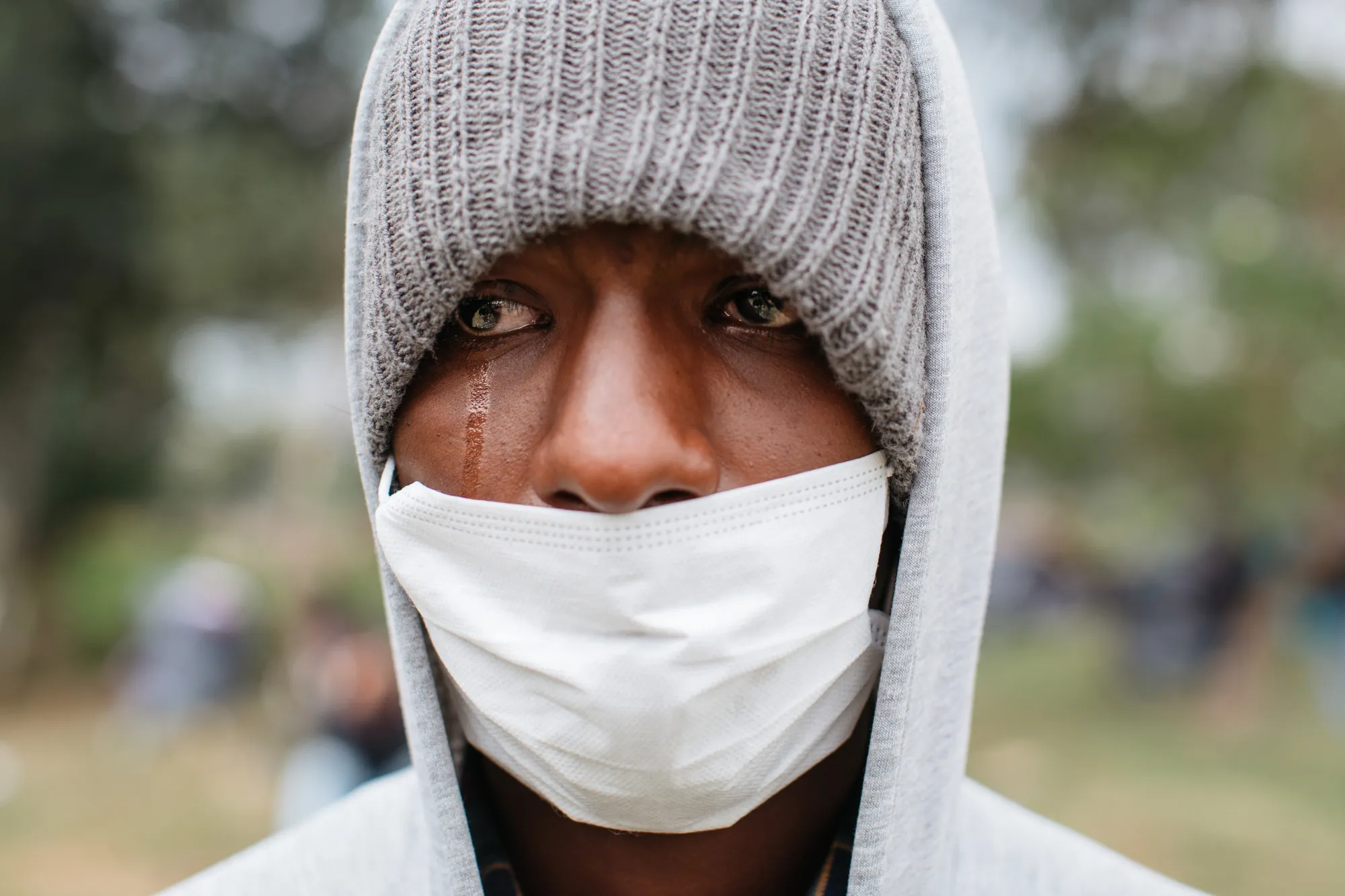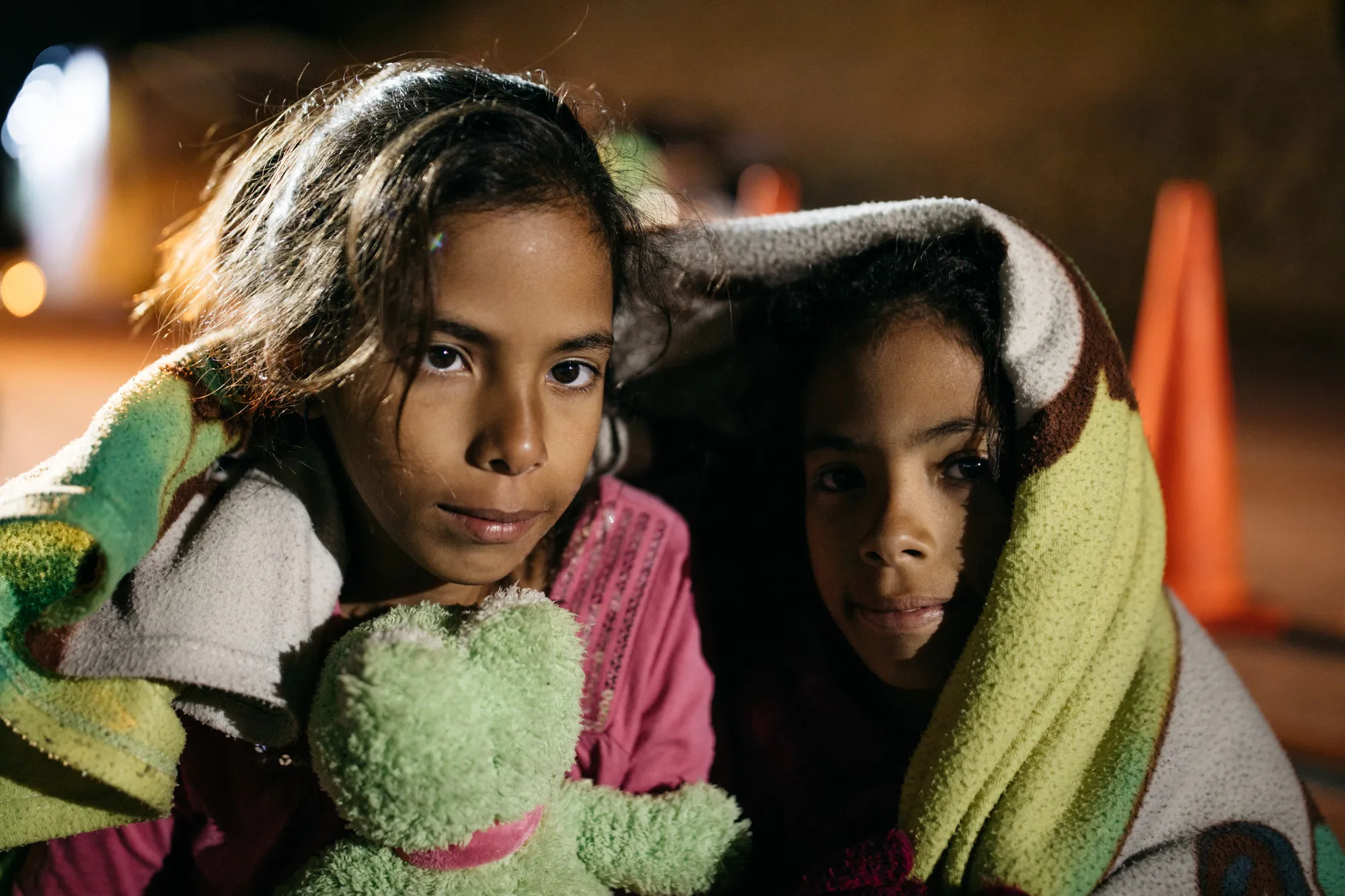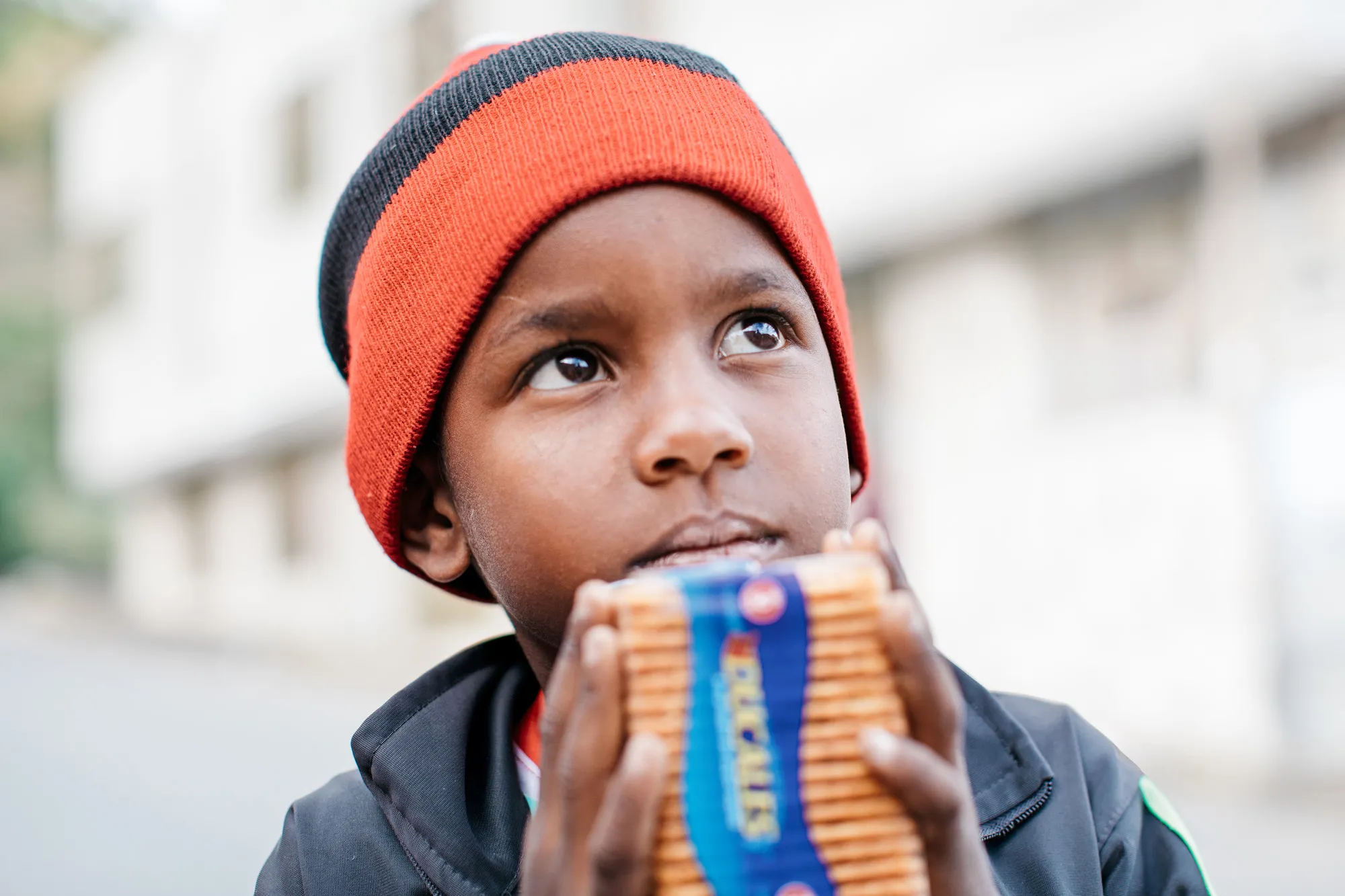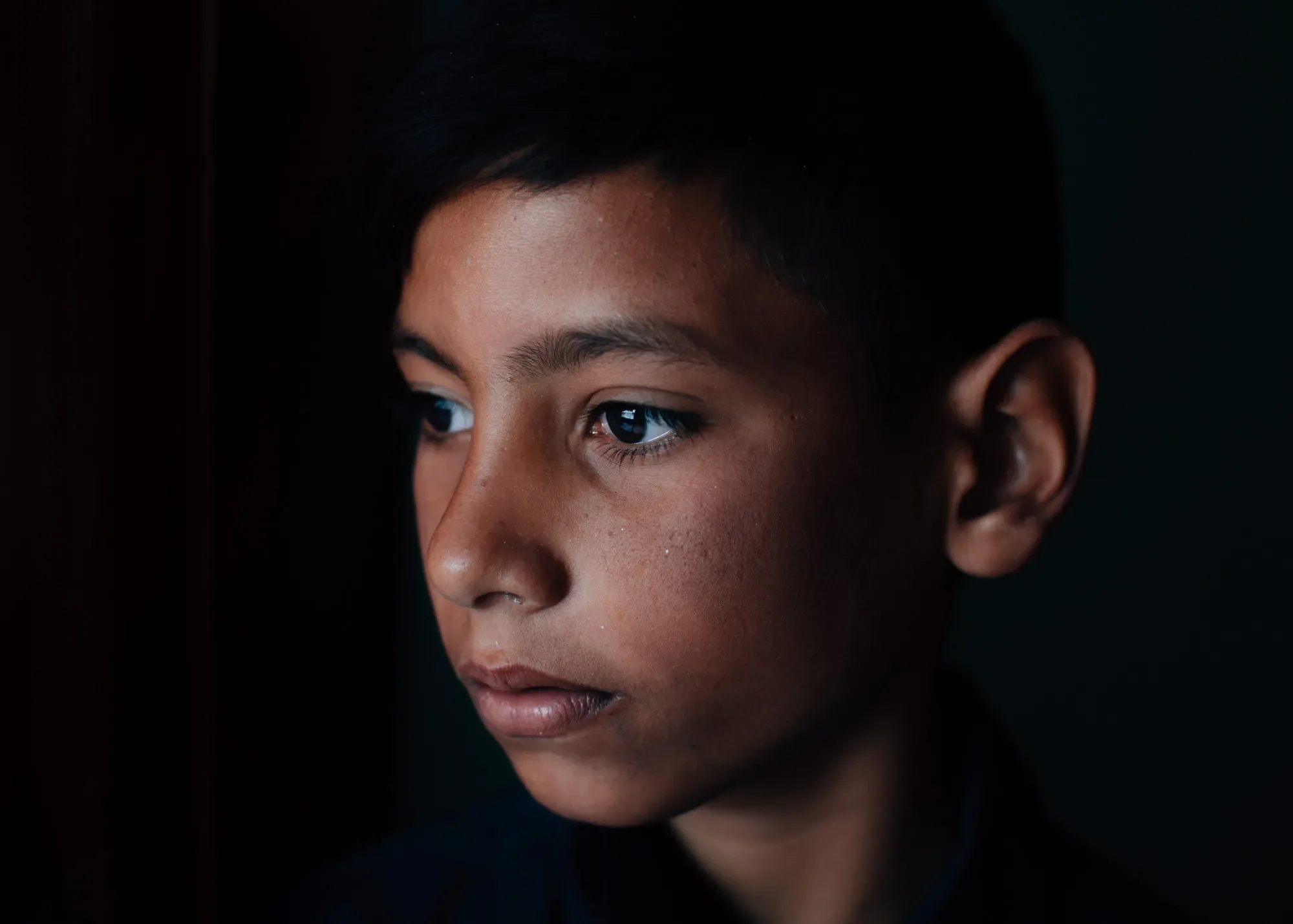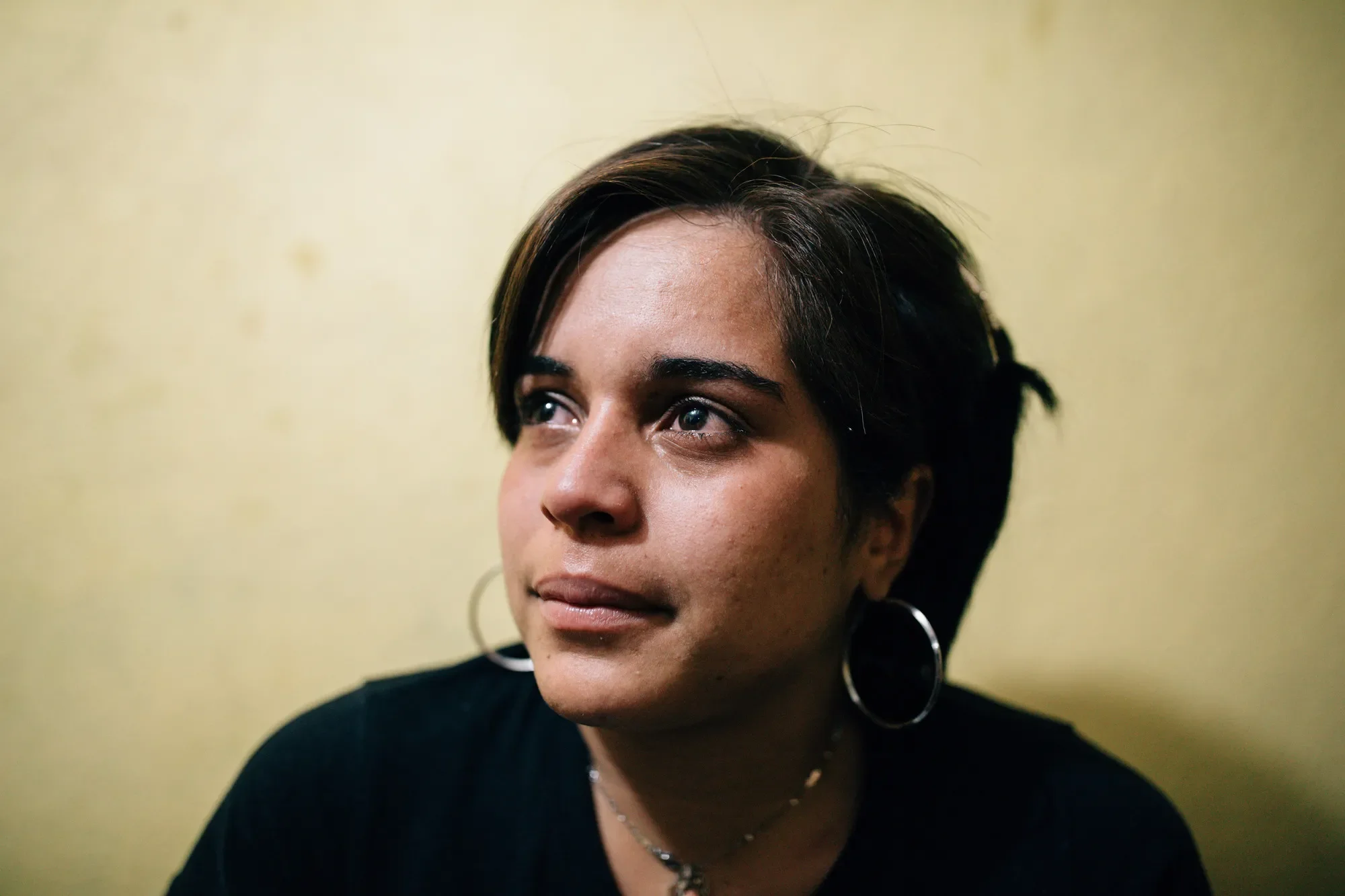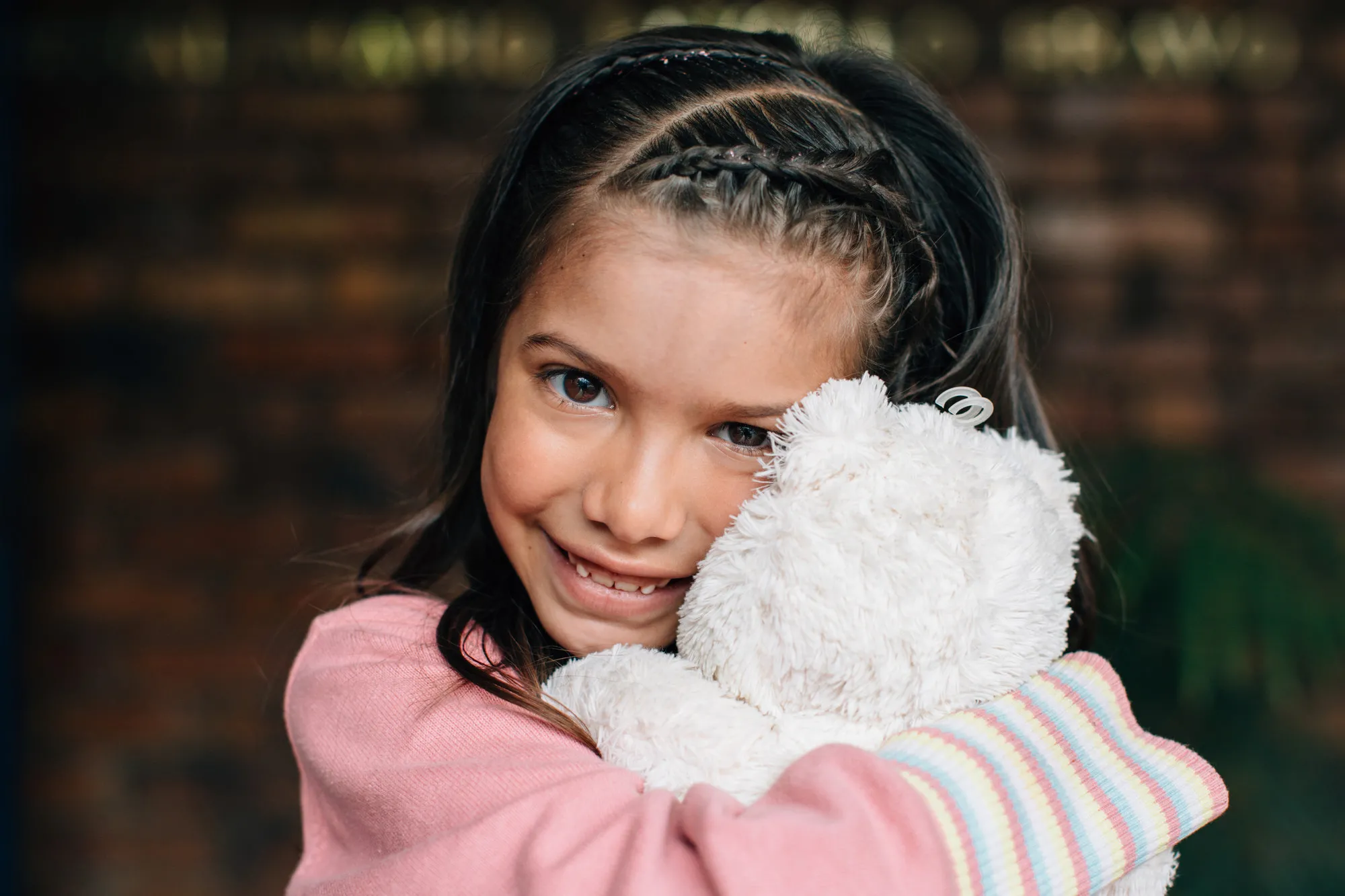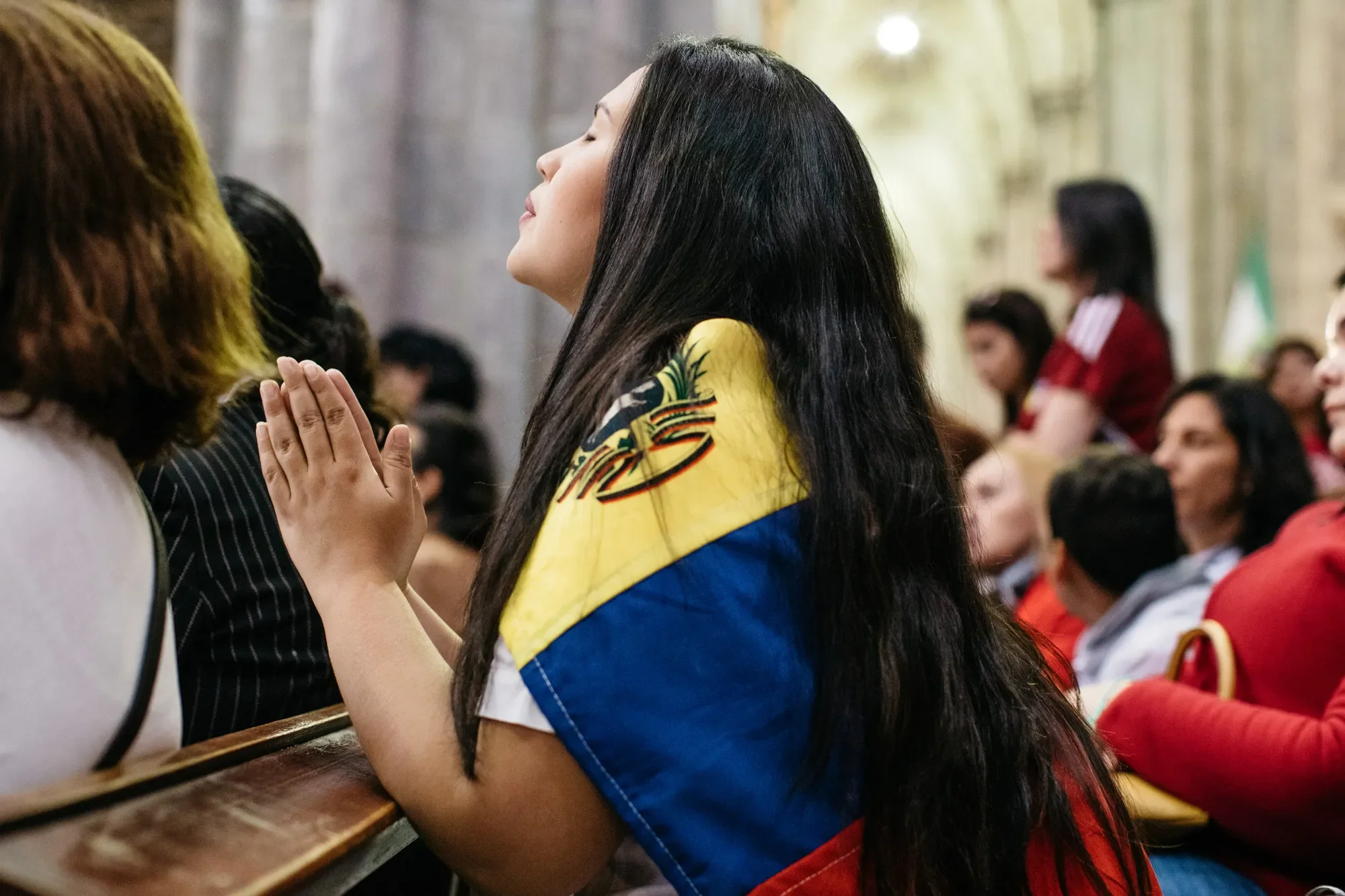Venezuela is experiencing an unprecedented humanitarian crisis. More than 3.4 million people have fled political instability, soaring crime rates, hyperinflation, extreme food and medicine shortages, and the collapse of public services. Today, nine out of ten Venezuelans live below the poverty line and 300,000 children are at risk of dying from malnutrition.
Neighboring countries, including Colombia, Ecuador and Peru, have been overwhelmed by the increase in migration. Services to protect people from abuse and exploitation are lacking and the needs of recent arrivals are largely unmet.
“Millions desperately need the most basic assistance – food, health, protection, shelter and access to legal services. This is a crisis across the region that demands the attention and support of the international community,” says CARE President and CEO Michelle Nunn.
